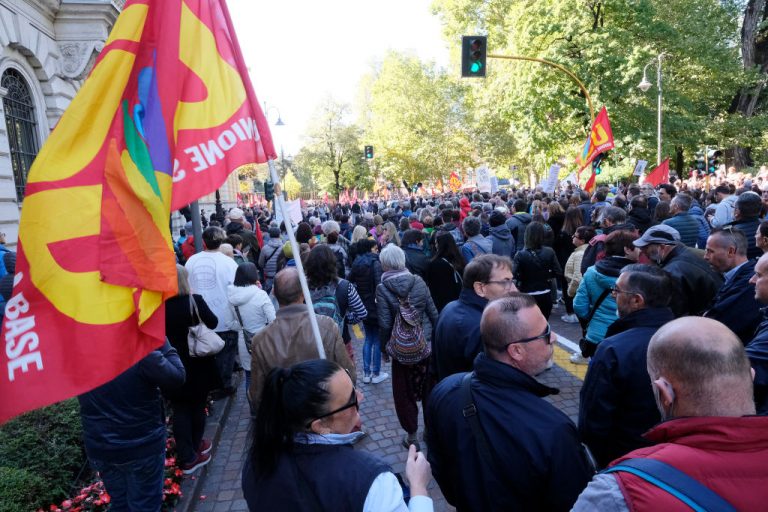The Italian government recently approved a proposal that seeks to restrict the social activities of citizens who have not yet taken a COVID-19 vaccine. The discriminatory laws will be implemented via a Super Green Pass, a new vaccine passport system. The country’s council of ministers approved the new measure on Nov. 24.
Italy’s current COVID-19 vaccine passport system, called the Green Pass, benefits individuals who have been vaccinated, recovered from an infection, or who have tested negative for COVID-19 in the previous 48 to 72 hours. However, the Super Green Pass is only available for citizens who have either recovered from the virus or are fully vaccinated. From next month onwards, passes given on the basis of negative COVID-19 test results will only be valid at workplaces, public transportation, and other areas deemed essential.
“This decision aims at two objectives: to make the places where the new measure will be applied safer and to encourage vaccinations. It’s a way to motivate people to immunize themselves,” Matteo Bassetti, head of Infectious Diseases at the San Martino hospital in Genoa, told a local newspaper.
The Super Green Pass will work in conjunction with Italy’s color-coded restrictions. Individuals with the pass will be able to access leisure or cultural venues including ski lifts, nightclubs, gyms, stadiums, restaurants, indoor bars, etc. It basically applies to all events, businesses, and services that would “otherwise be subject to restrictions.”
These privileges will only be in effect in regions declared as a “yellow” zone according to the country’s color-coded pandemic restriction measures. In areas deemed as “red zone,” the highest level of alert, all individuals, whether they hold a Super Green Pass or not, will be uniformly subjected to strict rules. The Super Green Pass is planned to be in effect between Dec. 6 and Jan. 30 in low-risk zones.
Success
You are now signed up for our newsletter
Success
Check your email to complete sign up
Italian Prime Minister Mario Draghi justified the new restrictions targeting unvaccinated people, insisting that these steps are critical to arrest the “slow but steady” increase in COVID-19 infections.
“We are seeing the situation in bordering countries is very serious and we also see that the situation in Italy is gradually but constantly getting worse… We want to be very prudent to try to safeguard what Italians have achieved in the last year… We’ve begun to return to normality. We want to conserve this normality,” Draghi told reporters.
Between Oct. 1 and Nov. 26, Italy’s daily new confirmed COVID-19 infections per million people increased from 52.21 to 183.59, a surge of more than 251 percent. During this period, the proportion of citizens fully vaccinated has risen from 68.1 percent to 72.84 percent.
The current Green Pass, which was introduced in August and became mandatory at workplaces in October, attracted intense criticism. Several protests were held against the rule. The more restrictive Super Green Pass might trigger another wave of protests. Some politicians have justified Italy’s highly restrictive rules as being necessary for the greater good.
“I think people who are vaccinated should have a preferential path in those places of social and cultural life, in particular, in order to prevent them from having to close,” Stefano Bonaccini, the center-left Democratic party president of Emilia-Romagna, said to Ansa. Politician Massimiliano Fedriga insists that the only alternative to the Super Green Pass would be another lockdown.
Giorgia Meloni, leader of the National-Conservative Brother of Italy (FdI), slammed the new Super Green Pass decree. In a Facebook post, she blamed Draghi for introducing “more penalties and more restrictions on citizens’ rights” while proposing no clear-cut path to solve Italy’s pandemic problems.


















